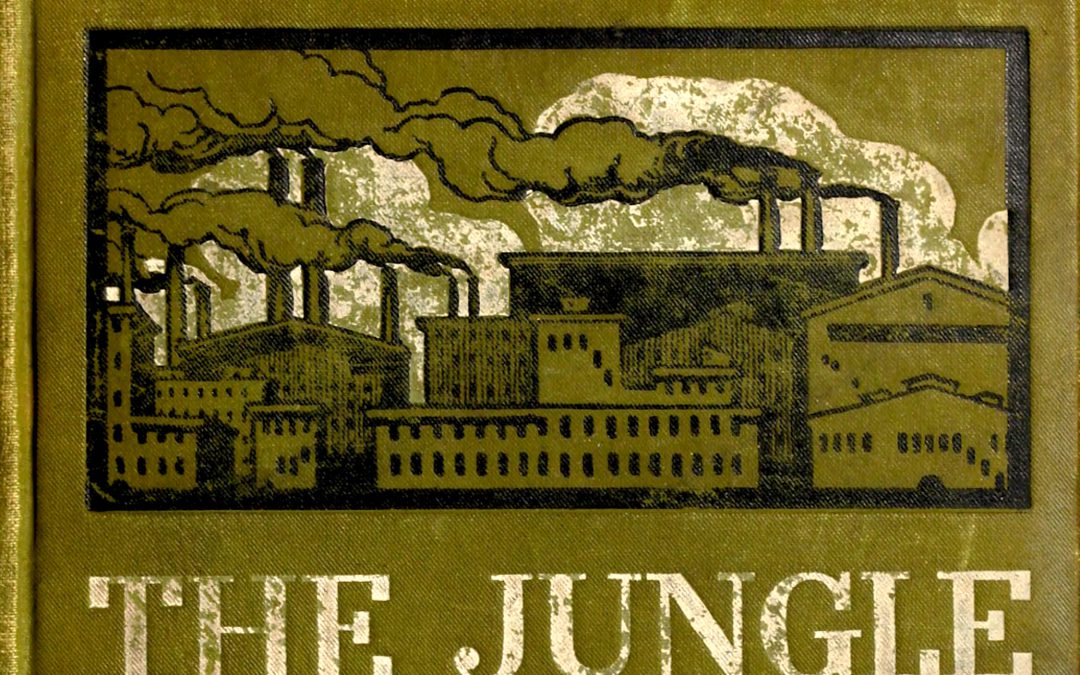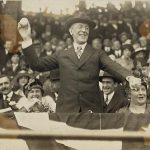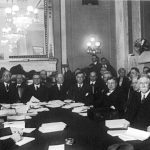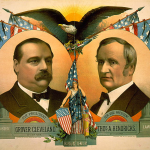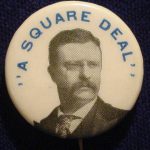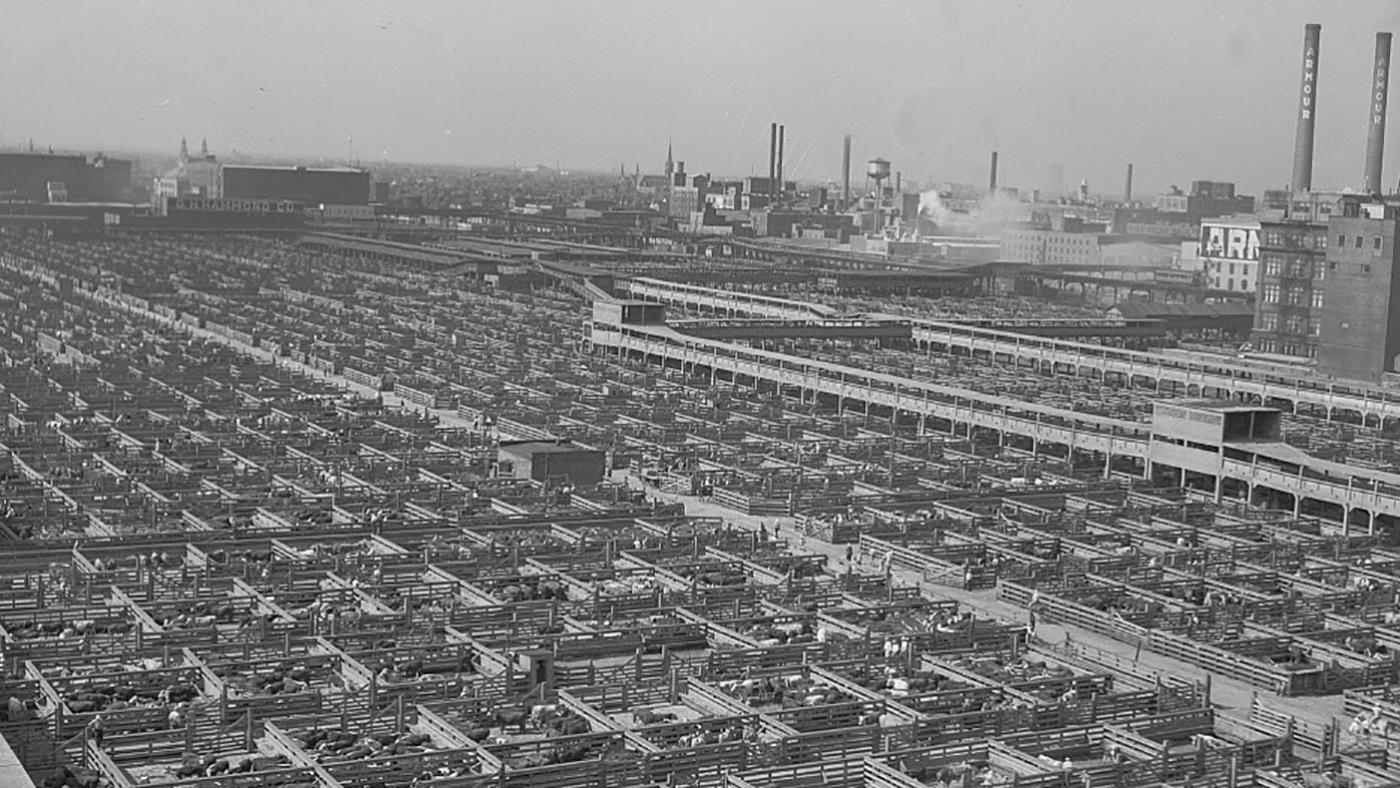
Source: Library of Congress
Upton Sinclair, writer of The Jungle was one of the most influential muckrakers of the early 20th century. His book bought attention to the horrible living/working conditions in the meatpacking industry for immigrants. In the end, his book led to many of the regulations that would ensure safety within the industry.
The Jungle was set in a meatpacking district of Chicago, which was inspired by Chicago’s Union Stock Yard which consist of a square mile of pens, packing plants, slaughterhouses, and railroads that process 18 million animals a year (Francis 2020). It can also be inferred that if these yards inspired The Jungle then they likely had incredibly poor sanitation within it.
Sinclair wanted to tell the story of a Lithuanian immigrant family which endures tragedy while also trying to tell the story of a nation lacking proper sanitation within its meatpacking industries (Francis 2020). This tale consisting of vivid imagery of rancid meat and rat dung would accidently hit the public “in the stomach” (Francis 2020). The book did a great job telling the American people just how badly the meat they were consuming was handled and inspired change.
In the end, laws such as the Pure Food and Drug Act along with the Meat Inspection Act were passed in the Progressive Age, which arose from the ashes of the gilded age and the fury of the public. In the modern day, The Jungle‘s importance cannot be overstated due to the reforms it bought in.

